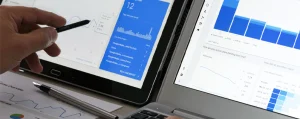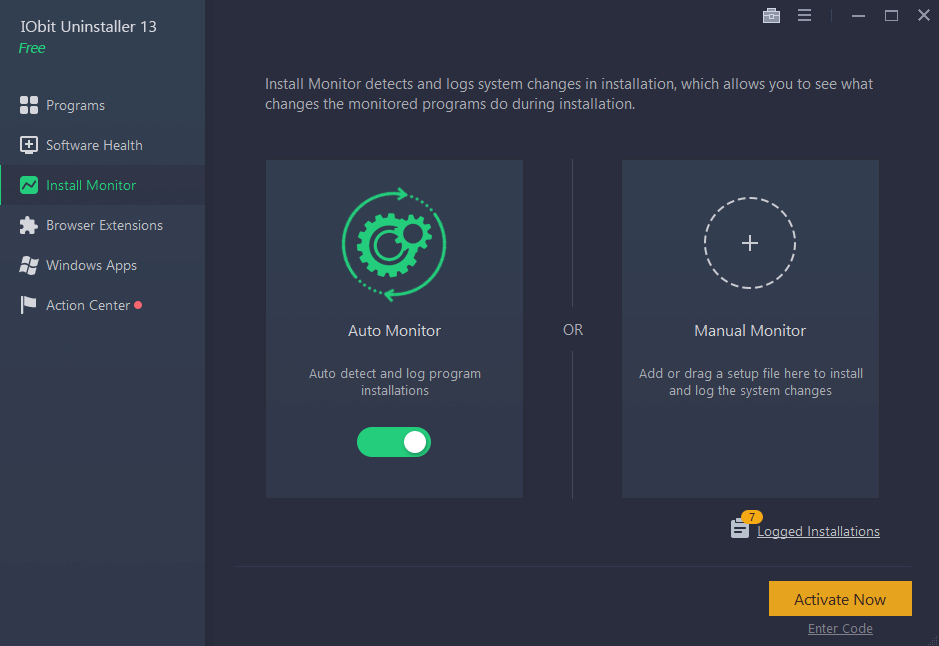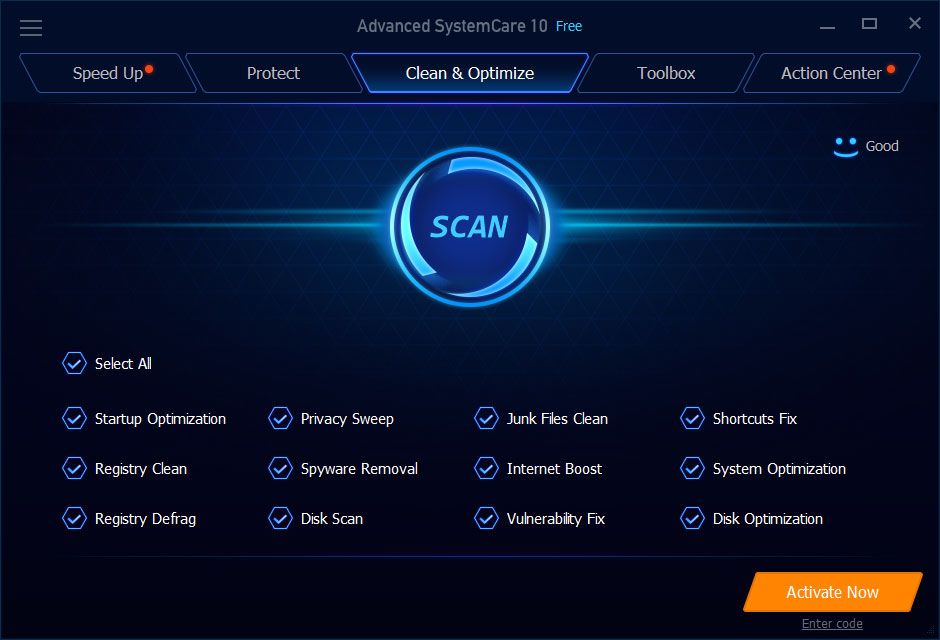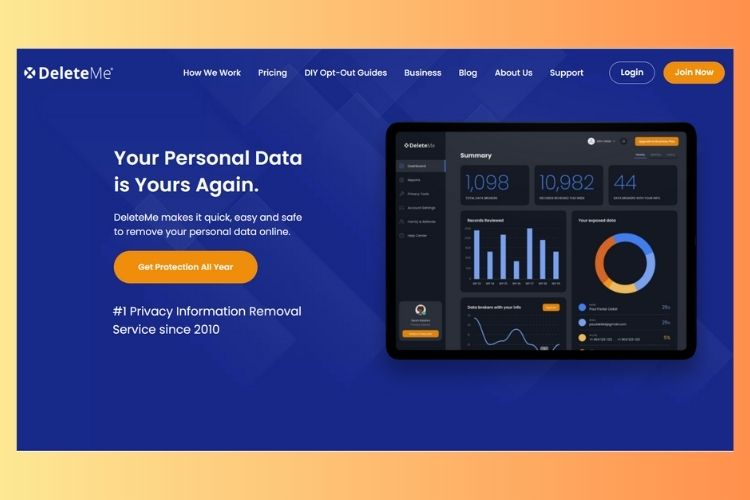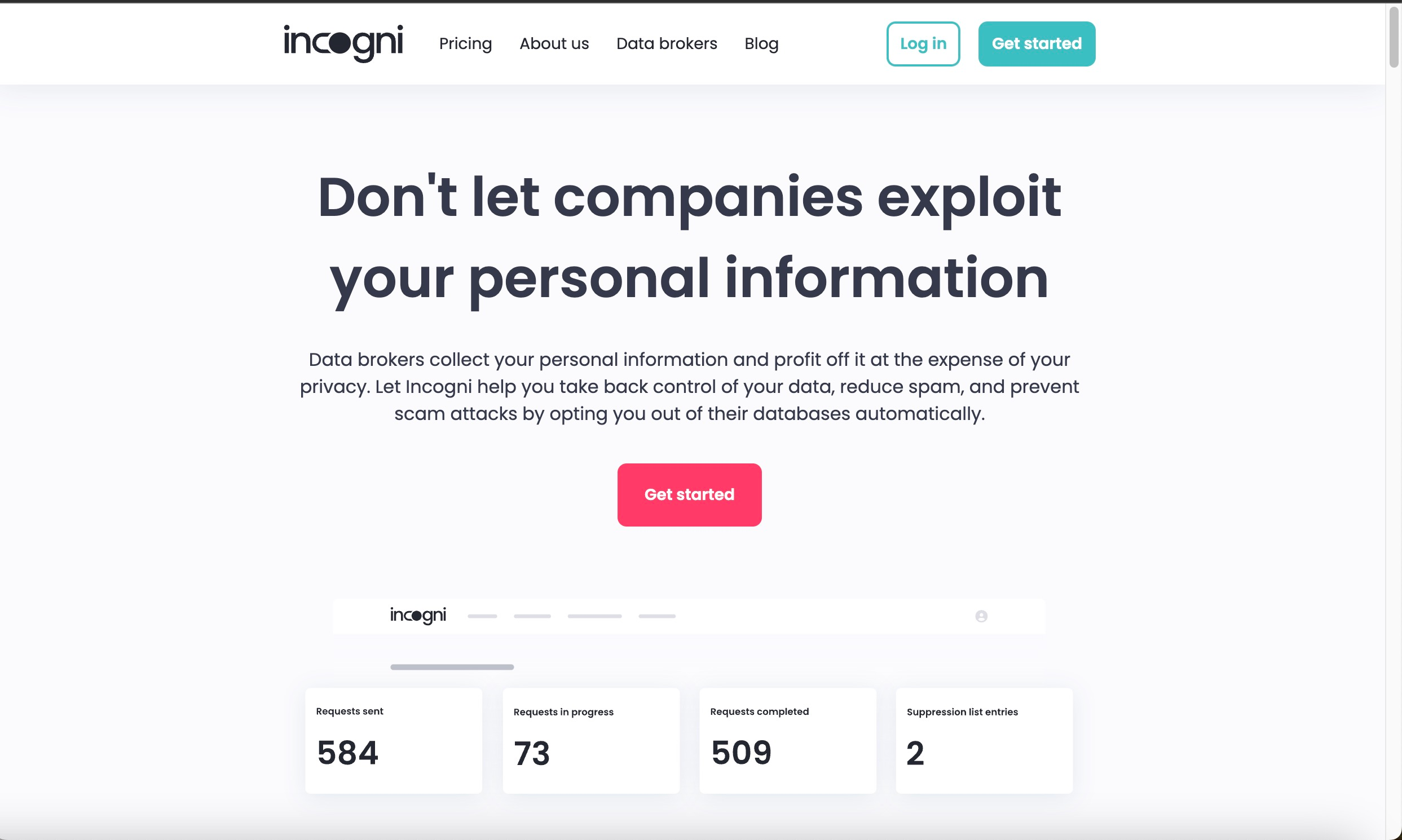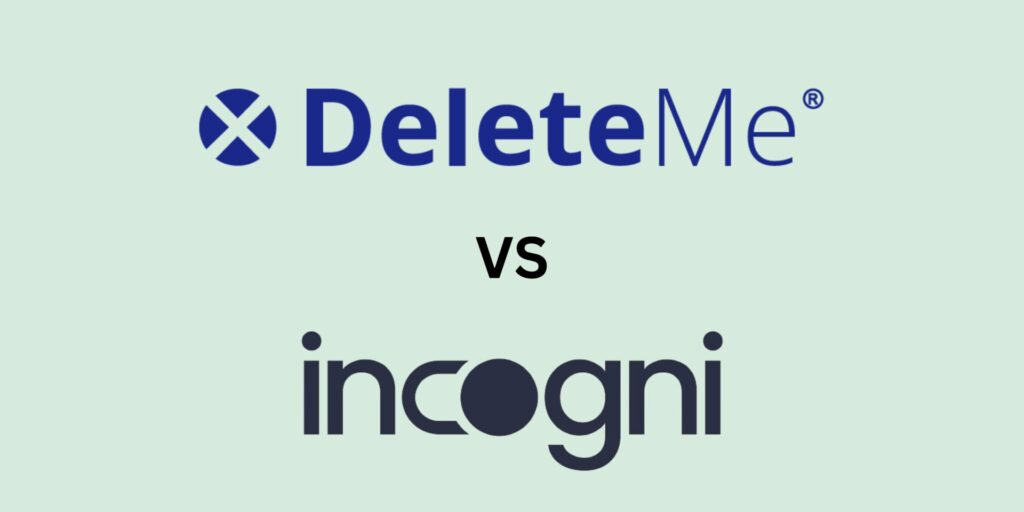To get a good user experience and optimal productivity, we need to clean up, fasten up secure the PC. To maintain the hygienic state of the PC, and ensure superior performance and security of the PC you must have software that provides innovative utilities and and security. IObit is a software, that offers various products to clean, speed up, and optimize computer performance, fix system issues, and give privacy protection against various security threats. Its’ popular products included enhanced system optimization tools, driver updaters, antivirus and malware protection software, and more.
Various Programs or Products offered by IObit: –
Several programs are being offered by IObit, such as Advanced SystemCare AdvancedSystemCare is a comprehensive PC optimization tool that is created to enhance system performance, speed, and security. To maximize efficiency, it wipes out junk files, manages startup programs, and optimizes system settings, additionally to give safe browsing surroundings it provides real-time protection against various cyberattacks through malware, spyware, and other online possible threats. It allows you to personalize its optimization process as per your needs, which makes it a user-friendly solution for maintaining your PC’s health with less effort. Driver Booster – This tool will help you to maintain and update your PC’s drivers. It can easily resolve common driver-related issues and maximize the system’s stability and performance, additionally, it offers a one-click solution after scanning the system’s outdated, missing, or faulty drivers. It also supports a gaming environment, so to enhance gaming performance it can automate updates for convenience. This tool will help you to run the system smoothly and also ensure that the drivers remain up-to-date. IBoit Malware Fighter – It is a complete security tool created to protect your PC from various cyberattacks, such as malware, spyware, ransomware, viruses, and other online threats. It can easily remove and detect harmful software, as its robust anti-malware engine gets support from Bitdefender’s antivirus technology. To give a safety shield to your files it has an anti-ransomware feature, additionally, it provides robust browser protection, blocking malicious sites and phishing attempts. It also blocks unauthorized access, so it secures personal data, as it provides privacy protection.
Besides, it also offers several other tools as well such as Advanced SystemCare Ulitmate, IBoit Uninstaller, IBoit software updater, IBoitSyIinfo, Smart Defrag, Mac Booster, and Protected Folder.
Benefits of using IObit: –
There are various benefits of using IObit. Let’s glance at some of them. Enhanced system performance: – It speeds up your computer by cleaning the junk files, reformatting the hard drive, and managing startup items, all these can be done by using its advanced tools such as Advanced SystemCare, and Smart Defrag. This process leads to faster boot times, the quick launch of apps, and also gives smooth operation. Complete Security – The tool provides rigorous protection against cyber threats, malware, ransomware, viruses, and other possible threats. To give you real-time security, it uninstalls the various dangerous plugins and blocks suspicious sites through which anyone can get unauthorized access. Driver management:- The platform offers a tool Driver Booster to keep your system’s drive up-to-date as it is significant for maintaining compatibility and avoiding system crashes. To provide you with enhanced hardware performance and stability, it has an extensive database so whether the driver is old or less common, it should updated. To ensure no residual of unwanted programs, such as leftover files or apps must be left, it offers a tool called IObit uninstallers, it gives deep cleanup which leads to freeing up disk space, and avoids any dissension with other software. To make your efforts fruitful it has a sleek and user-friendly interface, so that whether as a newbie or an experienced one, you are using the platform can easily access its various products and let you optimize your PC. It offers various tools such as Malware Fighter which give an additional layer of protection to your privacy by wiping out browsing history, and malicious websites and blocking unauthorized access to personal data. Time-saving automation: – There are various tools that can run in the background without any manual intervention, which saves your time and effort both to keep your system optimized and secure with any regular manual checks.








